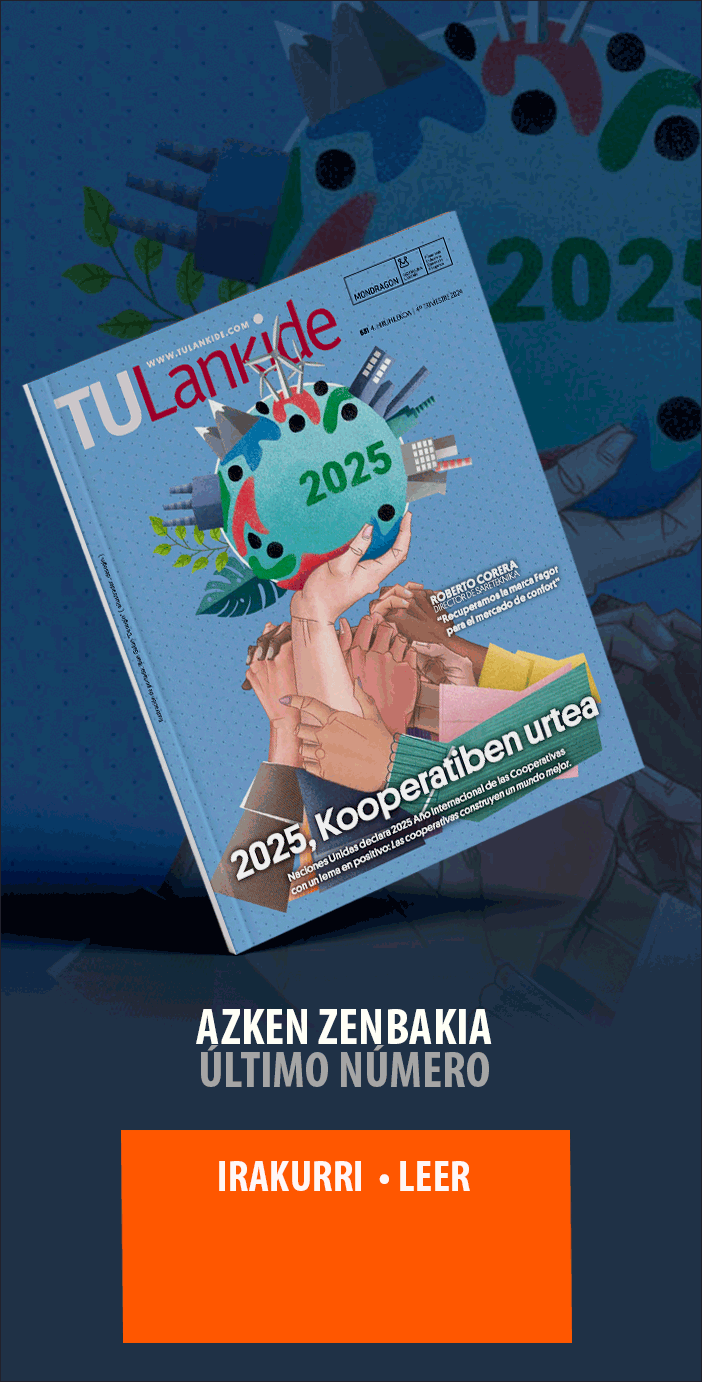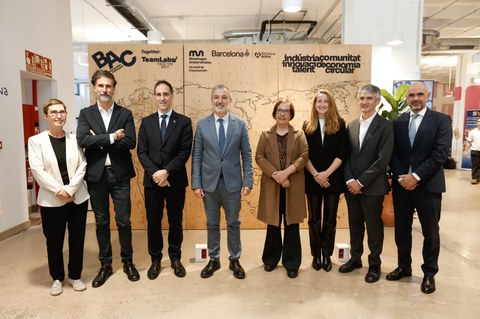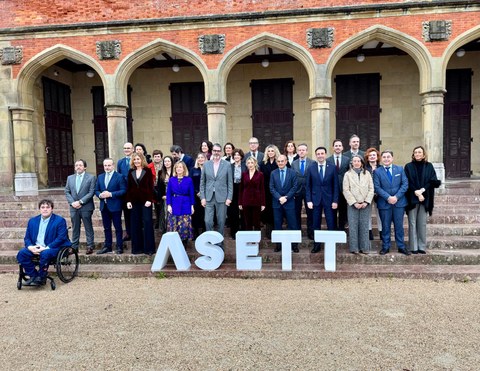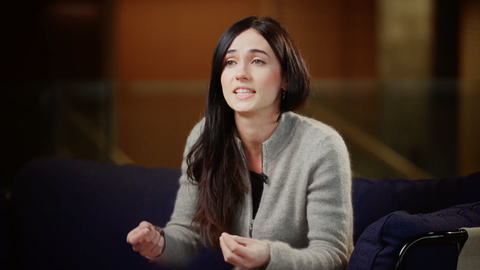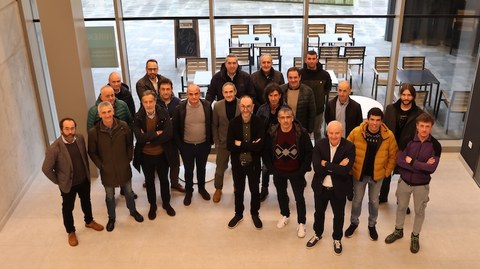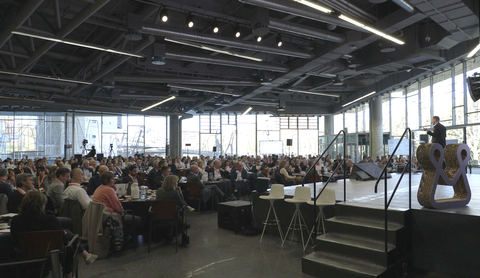Most read
- 1. Barcelona Circular, new project that strengthens MONDRAGON's roots in Catalonia
- 2. Danobatgroup sets a new turnover record of €344 M in 2024
- 3. Danobat revolutionizes manufacturing with a new precision robot
- 4. MONDRAGON expands its digital presence with Bluesky
- 5. MONDRAGON leads ASETT, the Social Economy Hub for social transformation
- 6. Orbik Cybersecurity, the first technological start-up to become a co-operative
The New York Times takes a look at MONDRAGON's co-operative model
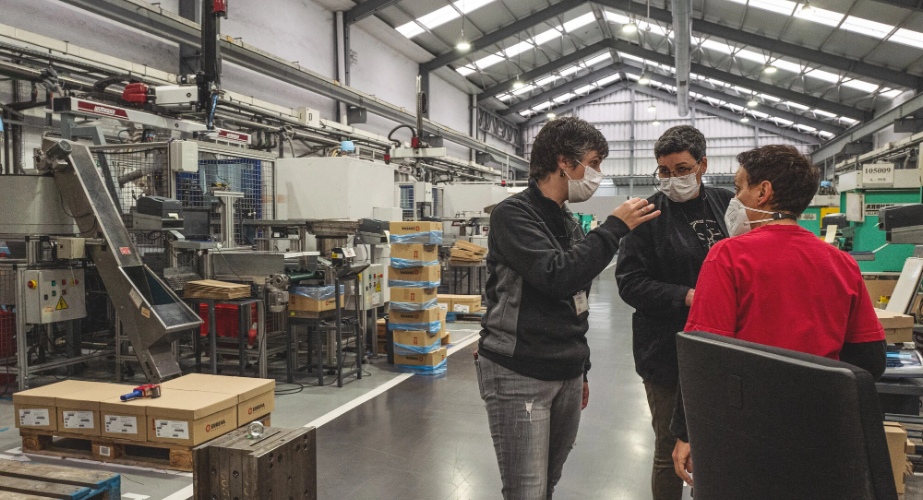
“The Basque cooperatives soften the edges of capitalism. An employee-owned group of businesses can represent an alternative model to economies dominated by shareholder interest”. This is the start of the extensive report that the New York Times has dedicated, on 29 December, to the MONDRAGON cooperatives.
According to the New York Times, management flexibility and the fact that the cooperatives are geared towards safeguarding jobs may well be key factors in explaining MONDRAGON's success.
The text takes as its starting point the situation of the Erreka Group which, like most companies, was forced to close down in the spring, due to the lockdown caused by covid19, and emphasises that, unlike many conventional companies, its cooperative nature allowed it to take decisions such as temporarily lowering salaries, which meant that it did not have to dispense with any workers and continued to pay salaries. According to the New York Times, this flexibility in management and the fact that the cooperatives are geared towards safeguarding jobs (and not towards maximising shareholders' profits) are key factors in explaining MONDRAGON's success.
Diverse testimonies
The New York Times provides a historical review of the Cooperative Experience, from its origin in the 1950s to the current situation, including the 2008 crisis.
The different interviewees, from a partner of the Erreka Group up to the Chairman of MONDRAGON, Iñigo Ucin, stress the need to be competitive and operate in a globalised world, but without losing their initial raison d'être. In the words of Zigor Ezpeleta, MONDRAGON's Social Management Director, "the co-operative model protects its people".
The report emphatically concludes: “The way cooperatives have weathered the crisis has strengthened the faith in their structure”.










